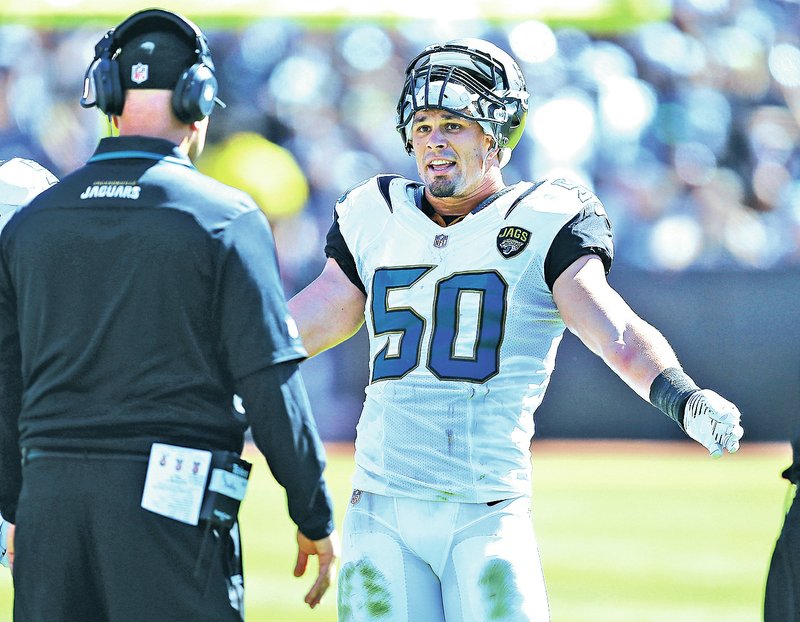A concussion is a type of traumatic brain injury that is caused by a bump or a blow to the head. Even a mild blow or "getting your bell rung" can be a serious matter. Signs of a concussion might not appear until days or weeks after the injury. Seek medical attention right away if you suspect a child has a concussion.
SIGNS OF A CONCUSSION
Information
Statewide Injury Prevention Program
866-611-3445
SOURCE: CENTERS FOR DISEASE CONTROL AND PREVENTION, ARKANSAS CHILDREN’S HOSPITAL
Look for any of these symptoms if a child has experienced a bump or blow to the head. Remember, these signs might appear immediately or might appear much later.
• Appears dazed or stunned
• Is easily confused
• Forgets instructions
• Moves slowly or clumsily
• Answers questions slowly
• Loses consciousness (even briefly)
• Shows behavior or personality changes
• Can't recall events before or after the hit or fall
• Develops new problems in school, including changes in concentration and behavior
If a child appears to have a concussion:
• Seek medical attention right away.
• Keep the child out of play. The brain needs time to heal after a concussion. Second or multiple concussions can cause permanent brain damage or eve death. Children with concussions are at a bigger risk for getting another concussion.
• Tell the child's coach and school nurse about any concussions.
• The child needs medical clearance.
PREVENT CONCUSSIONS
Talk with children to ensure they're taking the right steps to prevent concussions.
Children must:
• Follow coaches' rules for safety.
• Practice good sportsmanship.
• Wear protective gear made for the activity (helmets, padding, guards, etc.). This gear should fit properly and be well-maintained.
• Know the signs and symptoms of a concussion. Kids should tell their coaches, parents or other adults is they feel anything is wrong.
NAN Life on 09/03/2014
